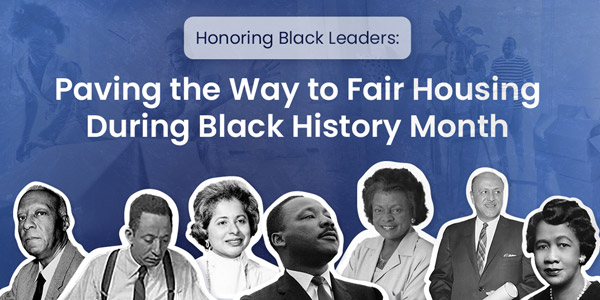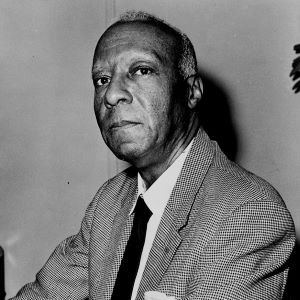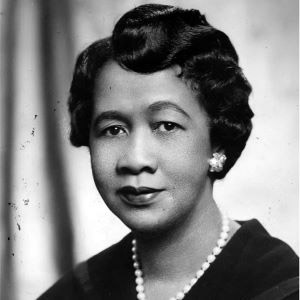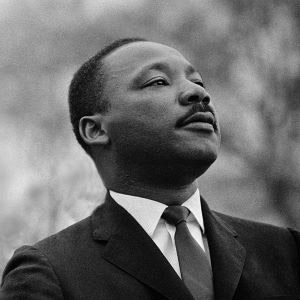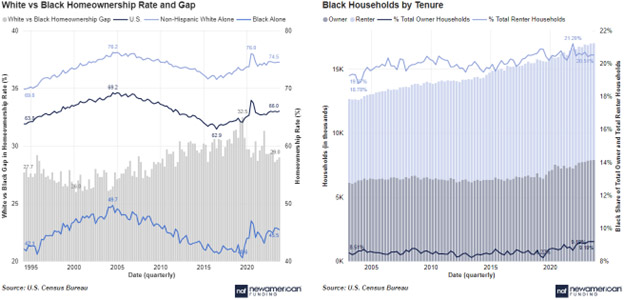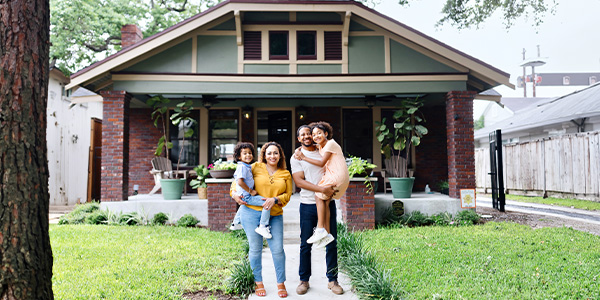Inclusive Lending
Honoring Black Leaders: Paving the Way to Fair Housing During Black History Month
January 31, 2024
As we celebrate Black History Month, we remember the remarkable contributions of Black leaders who fought tirelessly to end redlining and bring about the Fair Housing Act. The Fair Housing Act, which was part of the Civil Rights Act of 1968, marked a significant achievement. It prohibited housing discrimination in the United States. This law directly resulted from the larger civil rights movement.
At New American Funding, we believe in homeownership's power to build wealth and create opportunities. In this article, we pay tribute to the trailblazing individuals who played a pivotal role in dismantling discriminatory housing practices and promoting fair housing for all.
The Impact of Redlining
In the 1930s, redlining became widespread in the United States and is a troubling chapter in our history. It refers to the systematic segregation of minority communities from financial and housing services, often driven by government policies. This discriminatory practice involved denying loans or insurance to neighborhoods where minority groups were the predominant residents, solely based on their race rather than their economic status.
When we examine the impact of redlining, it is essential to acknowledge the contributions of pioneers like A. Philip Randolph, Dorothy Height, and Martin Luther King Jr. Their advocacy and leadership not only brought attention to the injustices faced by marginalized communities but also played a pivotal role in shaping the Fair Housing Act and promoting equal homeownership opportunities for all.
Philip Randolph: A prominent civil rights leader and labor organizer, A. Philip Randolph was a key driving force behind the fight against housing discrimination. As the founder of the Brotherhood of Sleeping Car Porters, Randolph fought for fair treatment and equal opportunities for Black workers.
Activist Bayard Rustin stated, "No individual did more to help the poor, the dispossessed, and the working class in the United States and around the world than A. Philip Randolph."
Dorothy Height: A renowned civil rights and women's rights activist, Dorothy Height dedicated her life to fighting for equality and justice. As the president of the National Council of Negro Women, Height worked tirelessly to address housing discrimination and promote fair housing practices. She was the only woman to serve regularly alongside the "Big Six," a group of prominent civil rights leaders, although her role was often overlooked due to being a woman.
Height's belief that proactive efforts were key to bringing about change is captured in her powerful statement, "If the time is not ripe, we have to ripen the time," reflecting her unwavering commitment to actively shaping a more equitable society.
Martin Luther King Jr.: A towering figure in the civil rights movement, he fought for justice and equality on multiple fronts. His powerful speeches and nonviolent protests brought attention to the injustices faced by Black Americans, including housing discrimination. King's tireless advocacy for fair housing played a significant role in raising awareness and ultimately led to the passage of the Fair Housing Act.
Click here to read our article featuring Dr. King and his impact on housing.
Opportunities in Lending to the Black Community Today
As of the third quarter of 2023, homeownership rates in the United States showed significant variation among racial and ethnic groups. The overall homeownership rate is 66%, with White Americans surpassing other groups at 74.5%. In contrast, Black Americans face a significant disparity, with a homeownership rate of around 45%.
American households are evolving, with Black households now making up 11.7% of all households, about 17 million in total as of late 2023. Of the 17 million Black households, 7.9 million are homeowners (9.2% of all homeowners or 1 in 10), and 9.1 million are renters (20.5% or 2 in 10). The main concern is whether rising home prices and current rates will make it more difficult for Black renters with lower incomes to afford a home.
As we look towards the future, it's clear that the Black community represents a significant and growing segment of the potential homebuying population. To effectively change the state of homeownership, it is essential that we actively break down the obstacles that have historically impeded fair opportunities.
NAF Dream's Commitment and Programs
NAF Dream, established in 2016, is dedicated to increasing the rate of Black homeownership in America. Through strategic growth efforts and the placement of qualified community lending professionals nationwide, they aim to mirror the communities they serve. Their purpose is to provide racial equity and build consumer confidence by offering homebuying education, accessibility to credit, and awareness of career opportunities in the mortgage industry to Black communities.
As one of the top lenders to the Black community, NAF is committed to bridging the racial wealth gap through various initiatives, including in-kind partnerships, real estate agent outreach, homebuyer education, and funding $1.5 billion in new loans to Black borrowers in 2024. Additionally, NAF offers programs such as Pathway to Homeownership, which helps with down payments, closing costs, prepaid costs, and the 5-Year Rate Protection Pledge, offering peace of mind for refinancing options in the future.
Advancing Black Homeownership
At New American Funding, we are committed to being part of this transformative journey. We strive to provide equal opportunities for homeownership, support initiatives that promote fair housing and actively work towards dismantling systemic barriers. By working together, we have the power to change the narrative and build a society where homeownership and the American Dream are accessible to all.
